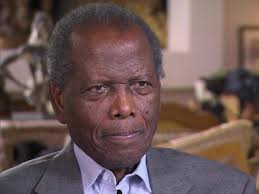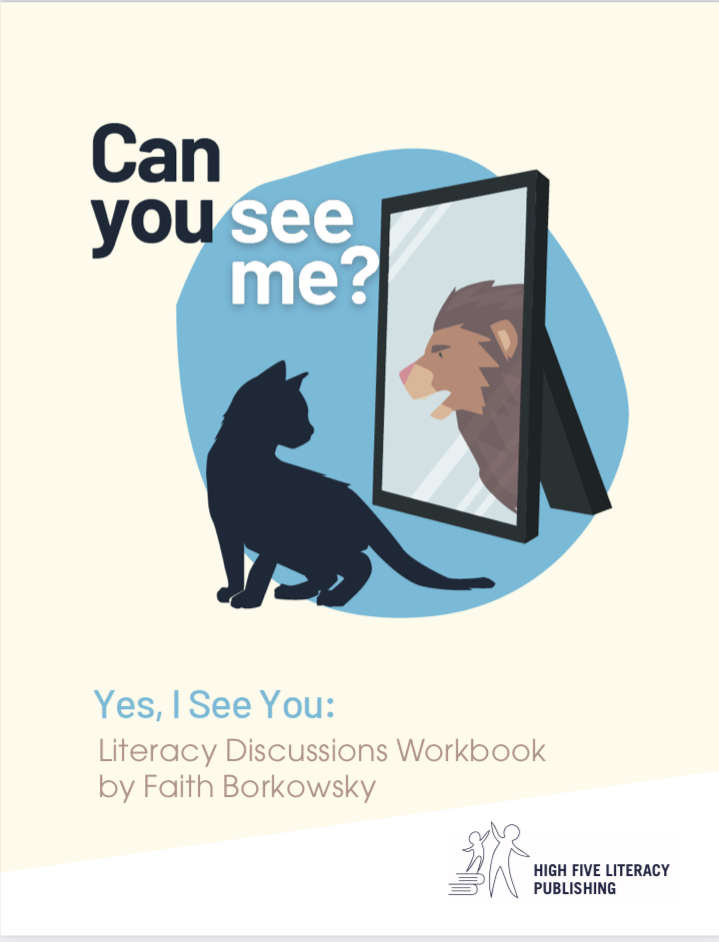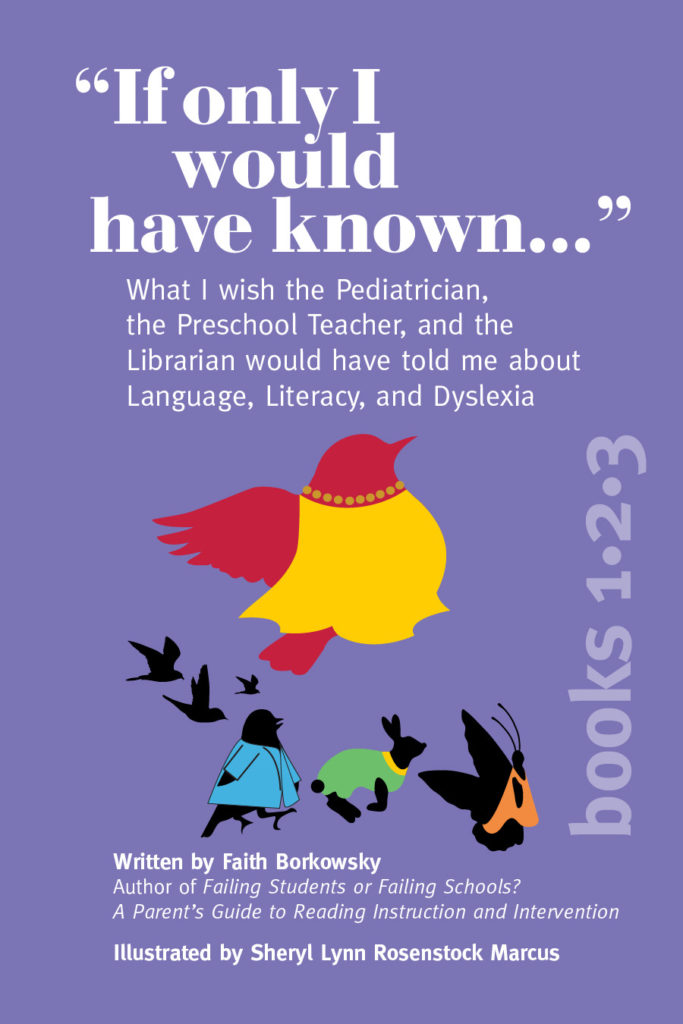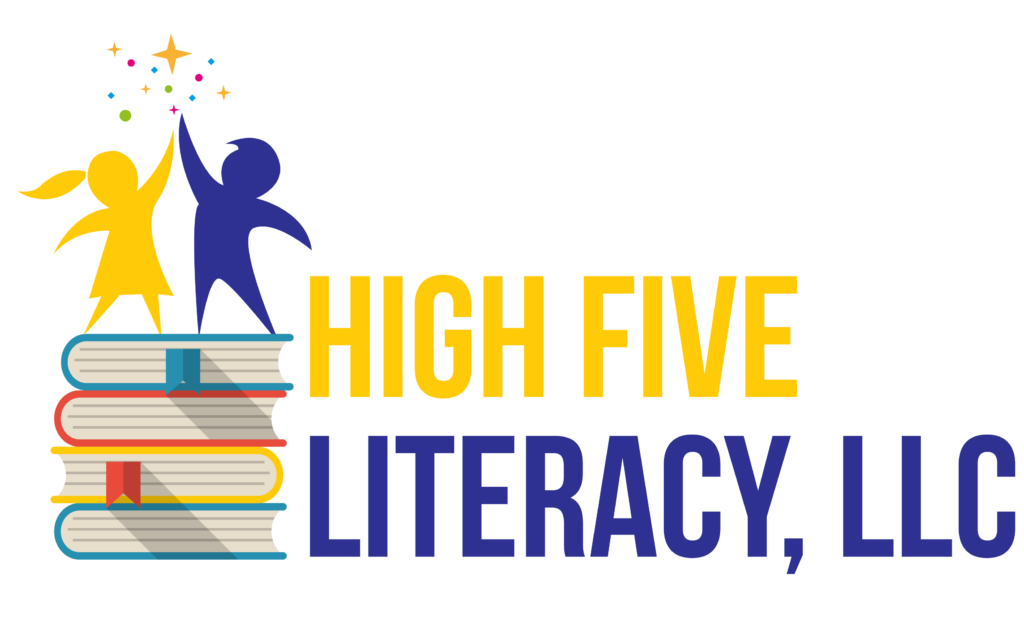Shortly after famed and beloved actor Sidney Poitier passed away earlier this month, excerpts from an interview he gave on CBS Sunday Morning many years ago went viral. Poitier told CBS’s Lesley Stahl that one of his primary regrets was that he never got a chance to thank a man who had helped him learn to read when he was a teenager. He described the man simply as a “kind, elderly, Jewish waiter” who worked with him when he was a dishwasher in a restaurant. The waiter, apparently recognizing that Poitier avoided reading, asked him one day, “What’s new in the papers?” Poitier responded, “I can’t tell you what’s new in the papers because I don’t read very well. I didn’t have very much of an education.”

As recounted by Poitier, the waiter offered to help him when their shift was over, and he continued to do so every night for about six or seven months. Choking back tears, Poitier told Stahl decades later, “He would teach me that there are syllables and how to differentiate them in a single word and, consequently, learn how to pronounce them.”
The waiter’s act of kindness toward a young Black man he barely knew did not require a degree in education, nor did it require advanced literacy training or Orton-Gillingham certification. This old Jewish waiter, seeing a young man in jeopardy, had a desire to “repair the world.”

The Hebrew term for mending the world is “tikkun olam,” which has come to be associated with the pursuit of social justice, considered by many to be the highest calling of Judaism. The old waiter clearly had nothing to gain from teaching Poitier how to read, but his selfless act changed the trajectory of Poitier’s life. Once able to read, Poitier was able to achieve his potential and avoid a life that was otherwise destined for poverty and illiteracy.
Poitier’s story exemplifies how each of us is responsible for creating a better world. By showing concern for the vulnerable, we can impact communities and change lives. But, just like the old waiter who unknowingly gave a lifeline to one of our greatest actors, we must first “see” those who struggle or have been marginalized.
In the spirit of tikkun olam, I have created a literacy discussions workbook called “Can You See Me?” The workbook follows the evolution of a child falling through the cracks in plain sight. The downward spiral illustrated in the workbook is an extreme case, but it is meant to shine a spotlight on the ever-growing emotional distress of children who struggle to learn to read and the societal consequences of missing the signals at every stage. More importantly, it is designed to stimulate discussion about what each of us, regardless of background, education, or socio-economic status, can do to change a child’s life and, perhaps, inspire more Sidney Poitiers.
The “Can You See Me?” workbook can be downloaded for FREE from my website at www.ifonlybooks.com.

Click on the tab for “FREE RESOURCES” and download the .pdf to use with your school district or community organization.
Under “FREE RESOURCES,” you will also see the “If Only” Book Discussion Guide for those who would like to take the next step and organize a Book Club discussion of my book, “If Only I Would Have Known…” The discussion guide provides questions to help facilitate conversations. Take a moment to view the video for a demo of a book club in action.

Faith Borkowsky is the founder of High Five Literacy and Academic Coaching with thirty-five years of experience as a classroom teacher, reading and learning specialist, regional literacy coach, administrator, and tutor. Ms. Borkowsky is a Certified Dyslexia Practitioner and provides professional development for teachers and school districts, as well as parent workshops, presentations, and private consultations. Ms. Borkowsky is the author of the award-winning book, Failing Students or Failing Schools? A Parent’s Guide to Reading Instruction and Intervention and the “If Only I Would Have Known…” series. In 2021, she was a finalist for the World Literacy Foundation Award for significant contributions to literacy.

2 Comments. Leave new
Hi Faith, what a great post shedding light on what students really need. In our busy, overworked world, kids really need someone who will take the time to “see” them. Unfortunately in my practice I see it all too often that children are not seen and then the resulting effects of that. Thank you for sharing this beautiful story and bringing attention to this need.
Thank you, Kathy!